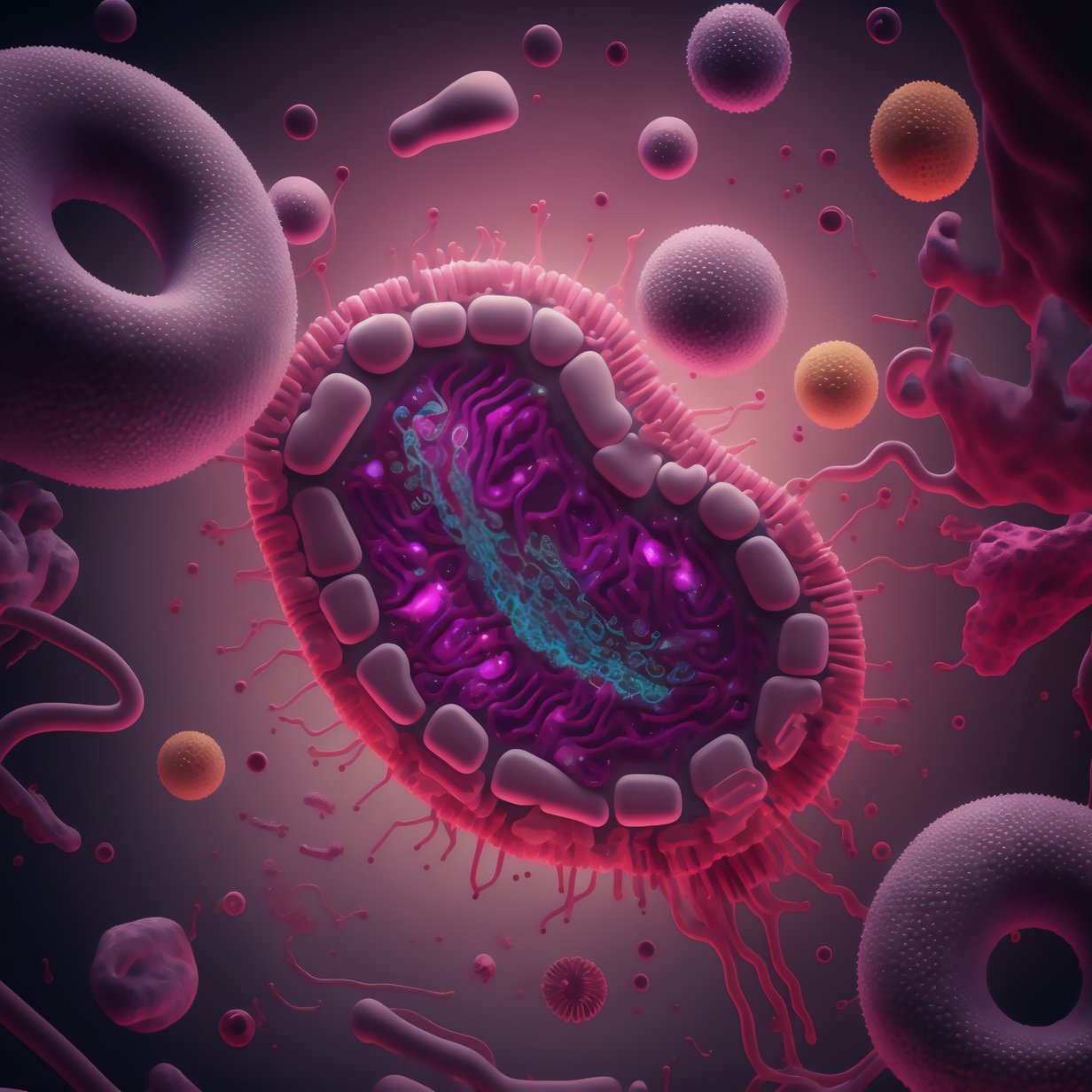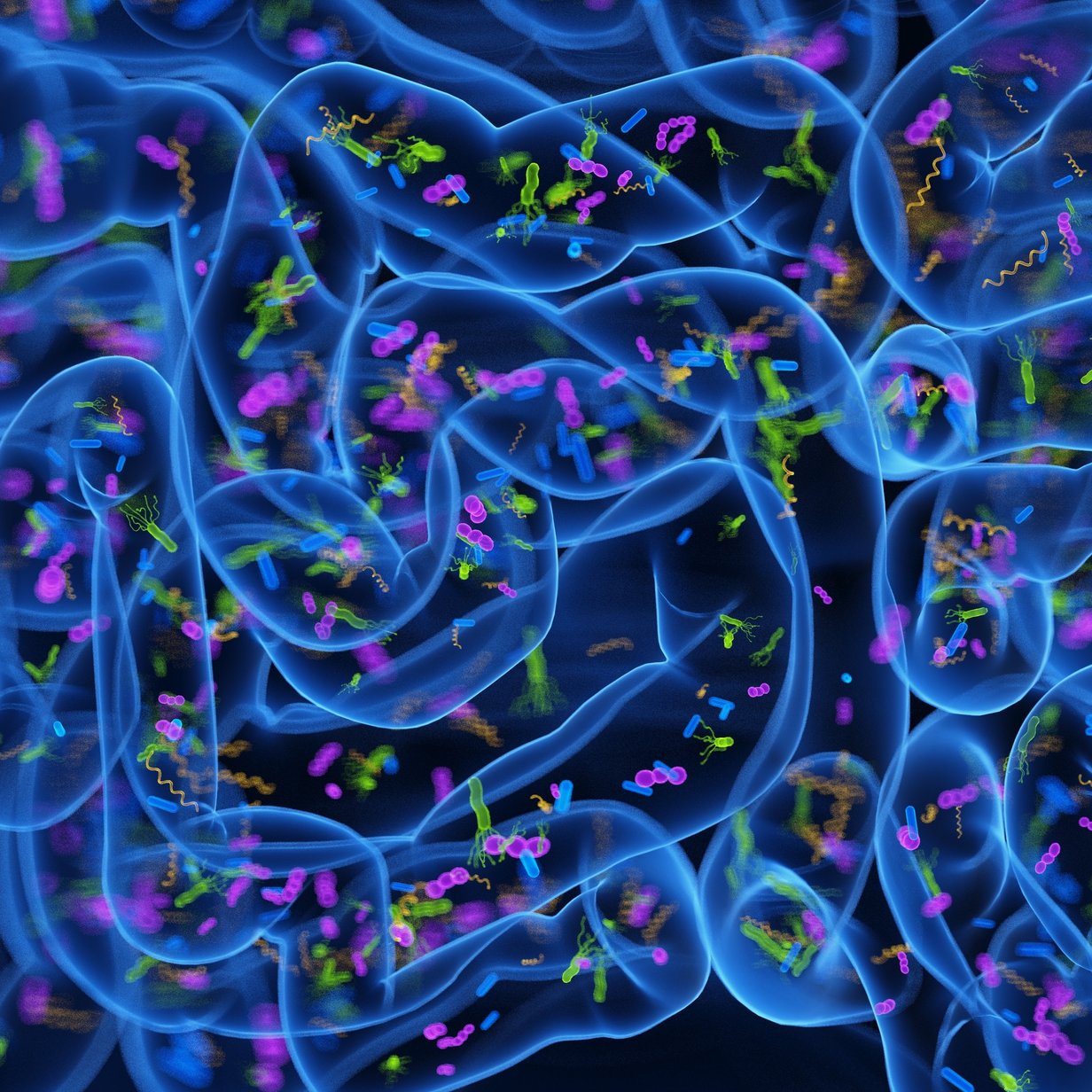What are prebiotics?
The gut microbiome is often compared to a thriving intestinal garden teeming with trillions of microorganisms that play a crucial role in maintaining our health. Scientific research links these gut microbes with significant influences on the health and functionality of key systems of the body, including immunity, digestion, cardiovascular health, metabolism, neurological processes, and skin and bone health. Prebiotics, probiotics and postbiotics can play distinct and important roles in maintaining a healthy gut microbiome by influencing the composition of bacteria and metabolites in the gut microbiome.

Confusion around dietary gut health solutions
Three in four global consumers recognize the link between beneficial gut bacteria and their overall health1, but they are confused about dietary solutions designed to support a healthy gut microbiome.
FMCG Gurus surveys reveal that consumer familiarity with probiotics is a solid 67%, prebiotics stand at 54%, and postbiotics lag at only 10%.1
1 – FMCG Gurus, 2022.
The different 'biotics'
In simple terms, probiotics are beneficial microorganisms, prebiotics are the food that nourishes them, and postbiotics are the byproducts or metabolites generated by these microbes that promote health through various mechanisms. A mixture of biotics are also available nowadays. These are referred to as symbiotics. Symbiotics are defined by the International Scientific Association for Probiotics and Prebiotics (ISAPP) as “a mixture comprising live microorganisms and substrate(s) selectively utilized by host microorganisms that confers a health benefit on the host.” Below pre-, pro and postbiotics are explained in further detail.

Pro- and postbiotics
ISAPP's definition of a probiotic is: "live microorganisms that, when administered in adequate amounts, confer a health benefit on the host". Probiotic bacteria may be found in a variety of different foods, such as some yogurt and infant formulas, and in dietary supplements.
Postbiotics are natural byproducts of the gut microbial fermentation process that breaks down prebiotic fibers into short chain fatty acids (SCFA's). Postbiotic supplements are made from inactivated or dead cells of probiotics. A critical factor is ensuring the microorganisms has produced enough SCFAs before it is inactivated through heat exposure.
Prebiotics: Fuel for Good Bacteria
According to the International Scientific Association for Probiotics and Prebiotics (ISAPP), a prebiotic is: “a substrate that is selectively utilized by host microorganisms conferring a health benefit”. Prebiotic fibers are abundant in various fruits, vegetables, whole grains and legumes. In addition, dietary supplements offer a convenient way for individuals to ensure they get enough prebiotics daily for optimal gut health.
Digestive enzymes cannot breakdown prebiotic fibers so gut microbes ferment them, which generates beneficial metabolites, including short chain fatty acids (SCFAs). The SCFAs nourish good gut bacteria and play other critical roles in the body.

Precision Prebiotics
Precision prebiotics like Benicaros are an emerging class of prebiotic fibers designed to specifically target good gut bacteria, including strains like Bifidobacterium spp. Benicaros overcomes the challenges of traditional prebiotics, whose impacts often vary due to the unique microbial composition of individual gut microbiotas. Research shows that prebiotics, like Benicaros, possessing more complex molecular structures, more effectively target beneficial bacteria. As a result, precision prebiotics produce more resilient, consistent and predictable gut health benefits.

The Precision Prebiotic
Research shows the Benicaros precision prebiotic, produces more consistent and predictable gut health benefits.
Subscribe to our newsletter
And get the latest news about our company and products



